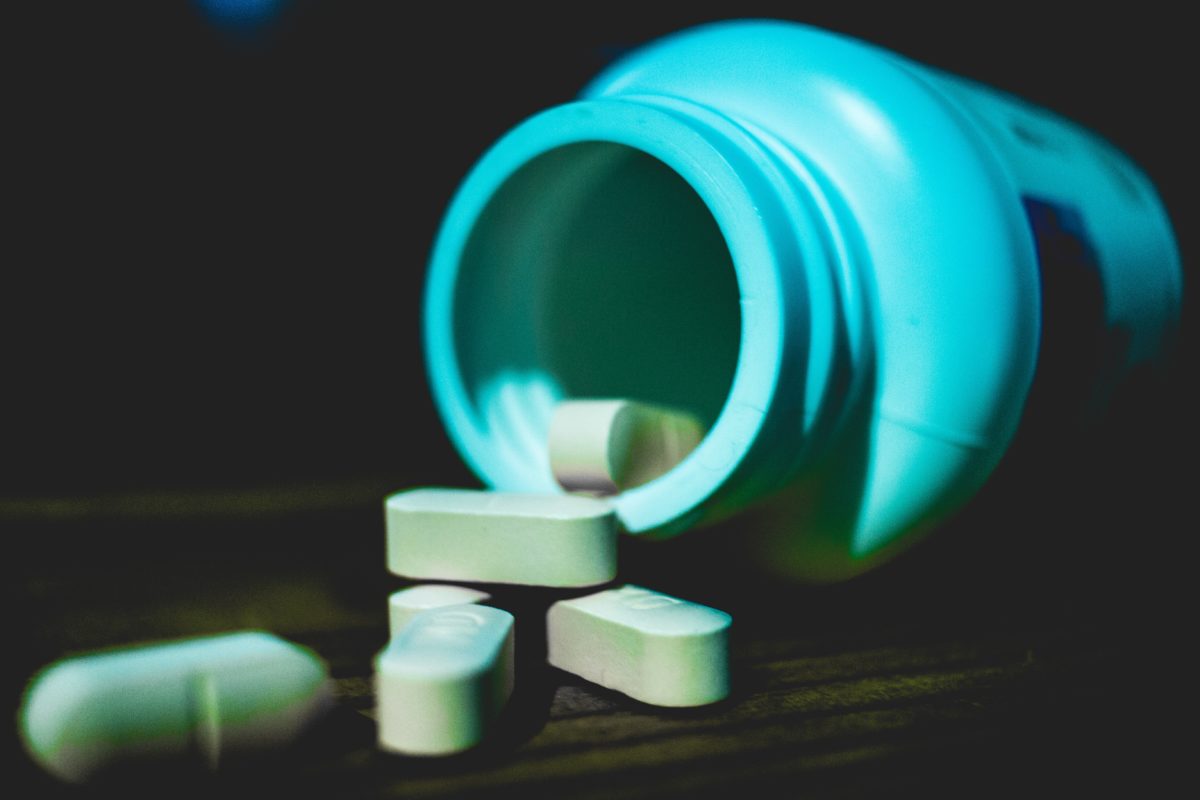Adolescent Program
Adolescence is a time of growth, exploration, and experimentation. It is arguably the most critical developmental stage, as the brain undergoes extensive changes through hormonal washes after puberty and significant neuronal pruning that continues until age 25.
However, when a teenager begins to use substances to excess, they can quickly fall into patterns of addictive behavior. The same ability that helps adolescents learn and grow quickly can make addictive habits stick much quicker than for other people.
Outpatient Rehab
for Teens
Supreme Wellness Recovery’s outpatient rehab for teens effectively stops substance use disorders in their tracks. Introducing adolescents to recovery early can prevent the formation of addictive behaviors before they become ingrained into the brain’s circuitry.
While significant pressures for teenagers can encourage and drive substance use, our treatment at this age can provide essential tools for recovery that can stick with a teenager throughout their lifetime.
Supreme Wellness Recovery’s outpatient program allows adolescents to continue attending school, competing in sports, and participating in social events. An outpatient program fits around these obligations and is adaptable to changing circumstances.
In addition, our adolescent program provides a community of like-minded peers in recovery that clients can draw upon for strength and support. Adolescents are particularly attuned to peer pressure and learn which behaviors are acceptable through social interactions.
Adolescent Mental Health and Addiction Recovery
Adolescent mental health issues are more common than most people would believe. It’s estimated that one in seven adolescents experience some type of mental disorder. Many turn to substance use as a means of self-medication. Common mental health disorders among adolescents include:
- Attention deficit hyperactivity disorder (ADHD)
- Major depressive disorders
- Anxiety disorders
- Eating disorders, such as bulimia nervosa or anorexia nervosa
Certain adolescent groups are at higher risk for mental illness than others. Teenagers from low-income families, those with disabilities, and youth involved in the juvenile justice or child welfare systems are statistically more likely to receive a diagnosis of a mental illness.
The propensity of mental illness, combined with the intense social and academic pressures placed upon adolescents, can quickly lead to extreme stress levels in teenagers that result in substance use as a form of relief.
Significant scientific evidence has shown that substance use during adolescence is much more likely to lead to a substance use disorder than in older age groups, likely due to the rapid brain changes in an adolescent brain. There is a significant need for increased focus on adolescent mental health and substance use disorders.
Combined Treatment for Dual-Diagnosis Teens
Our dual-diagnosis treatment for adolescents is critical for teenagers with co-occurring mental illness and substance use disorders. Dual-diagnosis treatment combines mental illness and addiction treatments under one umbrella, treating the person as a whole rather than a single disorder in a vacuum.
Since both disorders can feed off each other in a destructive spiral, Supreme Wellness Recovery provides relief from mental illness while providing the tools required for sobriety for outstanding results.
A dual-diagnosis facility uses several different treatment modalities to help treat a variety of mental illnesses, including:
- Medication-Assisted Therapy (MAT)
- Cognitive-Behavioral Therapy (CBT)
- Mindfulness-Based Therapy
- Dialectical-Behavioral Therapy (DBT)
- Eye Movement Desensitization and Reprocessing (EMDR)
- Life Skills Training
These treatments work together to address the root cause of substance use disorders and treat the symptoms of underlying mental illness.
Adolescent Program at Supreme Wellness Recovery
At Supreme Wellness Recovery in Pennsylvania, we offer much more than mere addiction treatment. We pride ourselves on teaching adolescents valuable life skills and coping mechanisms that can last a lifetime. With dual-diagnosis treatment, evidence-based therapies, and extensive wellness programs, we believe in treating the whole person in pursuit of a better life, free from drugs and alcohol.
ADDITIONAL SERVICES

GROUP
THERAPY
A valuable source of support led by one or more psychologists and offering greater perspectives.

MAT COORDINATION

EXPERIENTIAL THERAPY
Opportunities and experiences, like nature walks, meditation, and yoga, that open up new horizons for recovery.

12 STEP
PROGRAMMING
12-step programs help addicts and alcoholics achieve life-long sobriety by providing a spiritual connection and encouraging strong social support.

TRAUMA CURRICULUM
Evidence-based curriculum designed to help individuals recover from the effects of trauma in their lives.

COMMUNITY CONNECTION
Maintaining and enhancing community connections through student assistance programs, workshops, presentations, and more.

ADOLESCENT DEVELOPMENT
Structured intervention techniques provide adolescents with interpersonal skills necessary to be accepted in the workforce and community.

RECOVERY SUSTAINABILITY
Therapeutic services help client’s reduce cravings and focus on personal growth, restoring good health and promoting long-term success.

